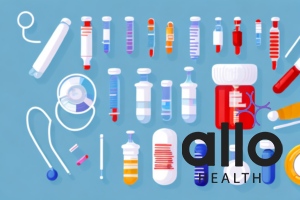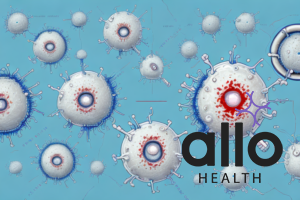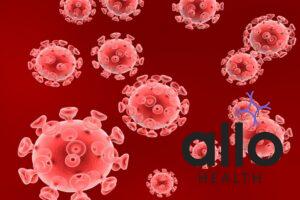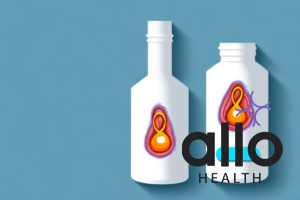Can I get HIV from oral sex?

It’s completely normal to have questions and concerns about your sexual health. We’re here to provide you with information and support so you can make informed decisions.
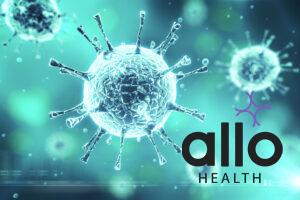
Oral sex and HIV
Engaging in unprotected oral sex does carry a lower risk of HIV transmission compared to other forms of sexual activity. However, it’s important to note that there is still a potential risk involved. In the scenario you described, the risk of transmission is generally considered to be low, especially if there were no open sores or cuts in your mouth or on your fingers. HIV transmission through oral sex is more likely to occur if there are existing cuts or sores in the mouth, bleeding gums, or if the person performing oral sex has recent dental work.
Ejaculating in one partner’s mouth and engaging in brief fingering with another partner could potentially expose you to bodily fluids that might contain HIV. While the risk is low, it’s not zero.
The fact that you haven’t experienced any symptoms so far is a positive sign, but it’s important to remember that HIV symptoms can vary and may not always be immediately noticeable. However, the absence of symptoms is not a reliable indicator of your HIV status.
To address your concerns and ensure your peace of mind, we recommend getting tested for HIV. The ELISA test is a common and reliable test used to detect HIV antibodies. It’s important to note that the ELISA test may not provide accurate results until a few weeks after potential exposure, as it takes time for the body to develop antibodies.
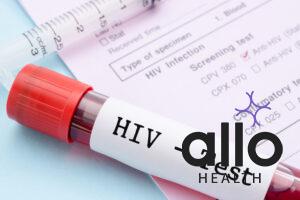
We strongly encourage you to consult with a healthcare professional who specialises in sexual health. They can provide personalised guidance, address your concerns, and recommend the appropriate testing schedule based on your specific situation.
Remember, taking care of your sexual health is important, and seeking professional guidance is a responsible step to take. If you have any more questions or concerns, feel free to reach out.





